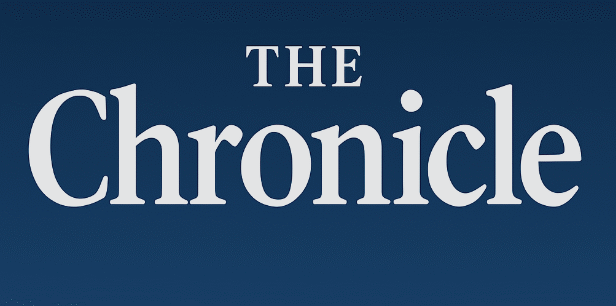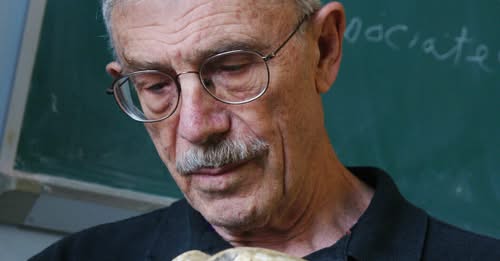Renowned Anthropologist Ralph Holloway, Who Pioneered Studies on Human Brain Evolution Through Fossil Endocasts, Passes Away at 90 in Manhattan
Ralph Holloway, Anthropologist Who Studied Brain’s Evolution, Dies at 90
Ralph Holloway, a distinguished anthropologist renowned for his pioneering work in understanding the evolution of the human brain, passed away on March 12, 2025, at his home in Manhattan. He was 90 years old.
Early Life and Education
Born on February 6, 1935, in Philadelphia, Pennsylvania, Holloway’s academic journey was both diverse and interdisciplinary. He began his higher education at Drexel Institute of Technology, focusing on metallurgical engineering. He later transferred to the University of New Mexico, where he earned a Bachelor of Science degree in Geology in 1959. His passion for understanding human origins led him to pursue graduate studies in physical anthropology at the University of California, Berkeley, culminating in a Ph.D. in 1964.
Academic Career and Research Contributions
Upon completing his doctorate, Holloway joined Columbia University as an assistant professor, where he dedicated nearly five decades to teaching and research. His primary focus was paleoanthropology, with a specialization in paleoneurology—the study of brain evolution through fossilized cranial remains. By creating endocasts, or internal molds of skull cavities, Holloway provided invaluable insights into the size, shape, and structural organization of ancient hominin brains.
One of his significant contributions was the analysis of the Taung Child, a two-million-year-old Australopithecus africanus specimen. Holloway’s research suggested that brain reorganization in early hominins preceded brain enlargement, challenging prevailing notions about human evolution. His meticulous studies of the lunate sulcus—a groove in the brain separating the occipital lobe from the parietal lobe—indicated a posterior shift in early hominins, implying advanced cognitive functions emerging earlier than previously believed.
Advocacy for Interdisciplinary Anthropology
Throughout his career, Holloway was a staunch advocate for the four-field approach to anthropology, emphasizing the integration of archaeological, cultural, biological, and linguistic perspectives. This holistic view, though increasingly rare in modern academia, underscored his commitment to understanding the multifaceted nature of human evolution.
Personal Interests and Legacy
Beyond his academic pursuits, Holloway had a deep passion for music, particularly the trumpet, which he played throughout his life. His colleagues remember him not only for his scholarly contributions but also for his wit, political engagement, and musical talents.
Ralph Holloway’s legacy is etched in the annals of anthropology. His innovative methodologies and dedication to interdisciplinary research have paved the way for future scholars to explore the complexities of human brain evolution. As the academic community reflects on his passing, his work continues to inspire and inform studies in human origins and cognitive development.

